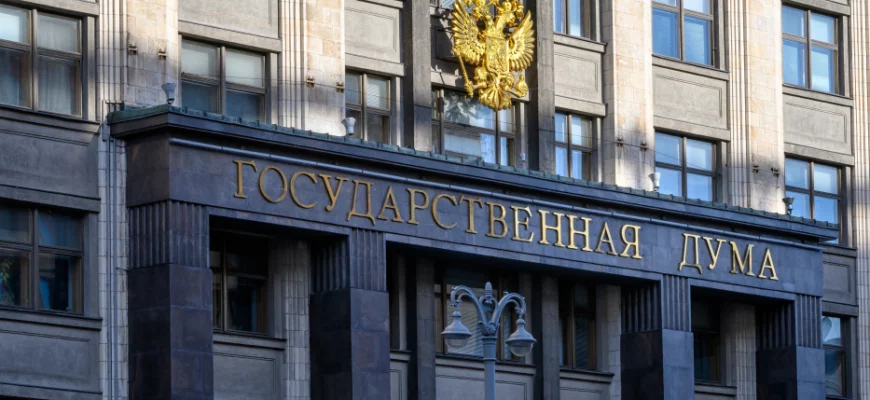In a legislative move signaling a significant shift in public sector project management, the Russian State Duma has approved a law poised to inject much-needed flexibility into state contracts. This development, slated to take effect from January 1, 2026, promises to streamline the often-complex landscape of government procurement, particularly for large-scale construction and beautification initiatives.
The Rigidity Problem: A Familiar Frustration
For too long, the rigid framework governing state contracts has presented a peculiar challenge for both government agencies and their contractors. Imagine a meticulously planned urban landscaping project, only for the work to encounter an unexpected archaeological find or a sudden, unforeseen shift in material availability. Under previous regulations, even minor deviations could necessitate the laborious, time-consuming, and often costly process of terminating an existing contract and initiating an entirely new one.
This inflexibility frequently translated into project delays, budget overruns, and a general air of bureaucratic exasperation. It was a system where adapting to reality was often more difficult than adhering to an outdated plan, a testament to the adage that no plan survives contact with the enemy—or in this case, reality.
A New Blueprint: What the Law Changes
The newly adopted law introduces key amendments to the existing federal legislation governing state procurement, addressing these pain points with practical solutions:
- Landscaping and Urban Beautification: Contracts for the improvement and beautification of territories will now permit adjustments to the scope and/or types of work performed by up to 10% of the original contract price. This provision is a pragmatic acknowledgment that real-world projects rarely unfold with absolute, unyielding precision. It allows for minor adaptations without triggering a complete contractual reboot.
- Construction Control and Oversight: The legislation provides a logical solution for contracts related to construction control and author`s supervision. These crucial oversight roles, which ensure quality and compliance with project documentation, often found themselves in limbo when the primary construction, reconstruction, or capital repair timelines shifted. Now, their contractual terms can be aligned with the main project’s revised schedule, preventing the awkward dance of “control” without a current “project” to oversee.
- Sole-Source Contracts: The law also extends its benevolent hand to contracts with a single supplier, contractor, or performer. This applies specifically to work or services that can only be carried out by a particular executive authority, state corporation such as Roscosmos, or a state-owned institution, unitary enterprise, or a joint-stock company with 100% state ownership. This ensures that even highly specialized, singular agreements can adapt to unforeseen circumstances without triggering a full contractual reset.
Efficiency Over Bureaucracy: The Promised Benefits
“These changes will relieve customers and contractors from the need to re-enter into contracts for any change, which leads to delays and additional costs.”
— Alexei Govyrin, Member of the State Duma Committee on Small and Medium-sized Enterprises
The rationale behind these amendments, as articulated by Alexei Govyrin, a member of the State Duma Committee on Small and Medium-sized Enterprises, is disarmingly simple: “to free customers and contractors from the need to re-enter into contracts for any change, which leads to delays and additional costs.” One might even say it`s a triumph of common sense over protracted paperwork.
The expected outcome is a more agile and predictable environment. Contractors will be able to swiftly implement necessary modifications without excessive budget overruns, and critical oversight functions, like construction control, will no longer be left in suspension due to main contract term revisions. This aims to foster smoother project execution and, ultimately, more effective use of public funds.
Looking Ahead to 2026
While the full impact of this legislative update will unfold after its implementation on January 1, 2026, it represents a clear signal from the State Duma: the era of inflexible, ironclad state contracts may well be drawing to a close, paving the way for a more adaptive and efficient approach to Russia`s public infrastructure development and national projects.








